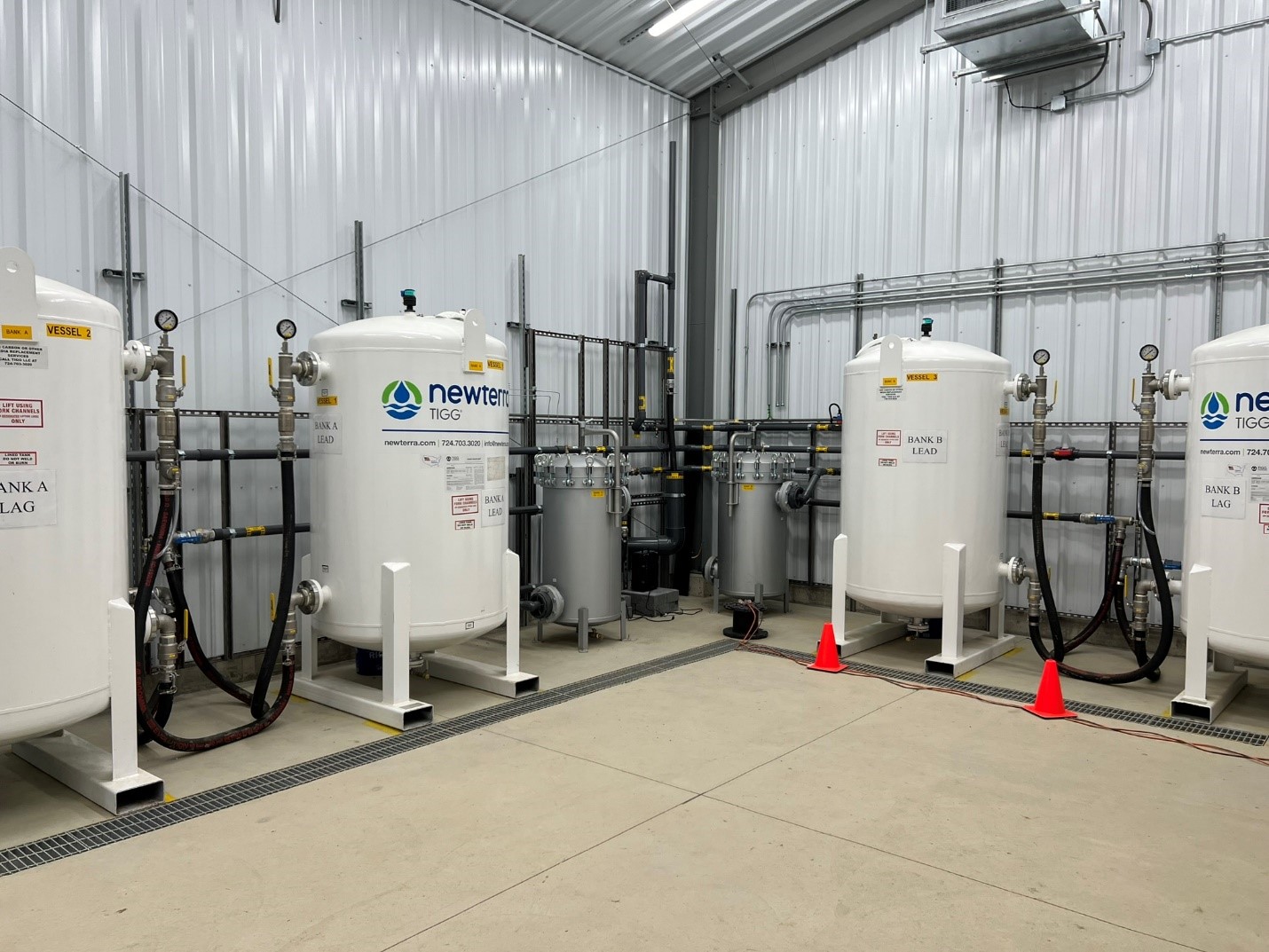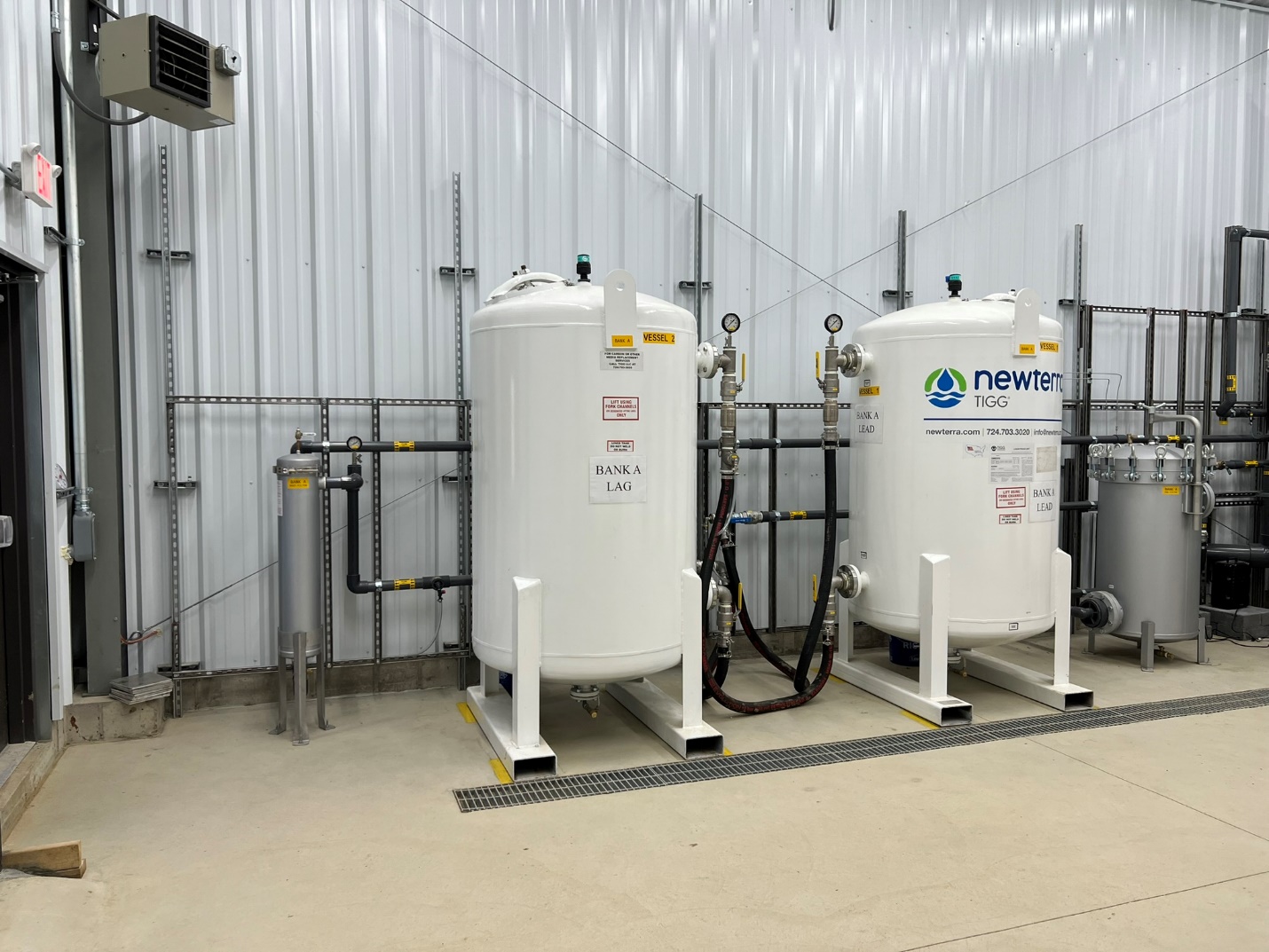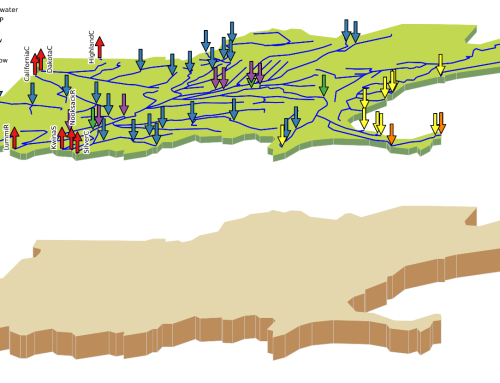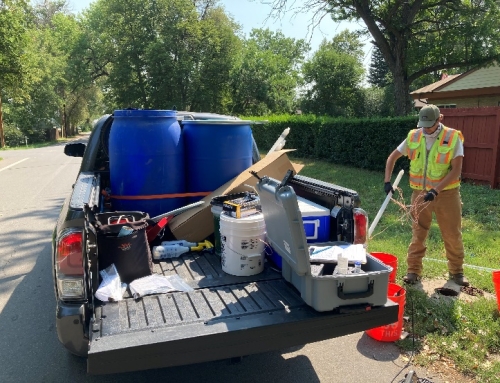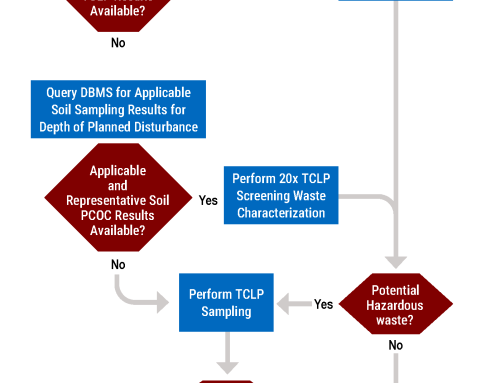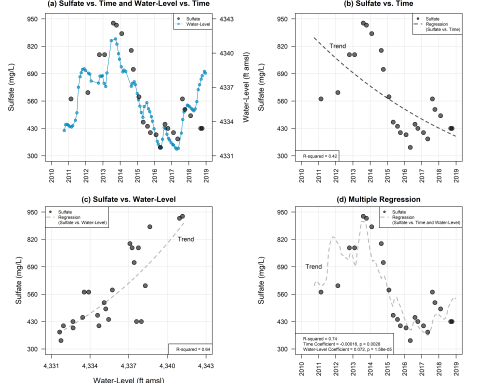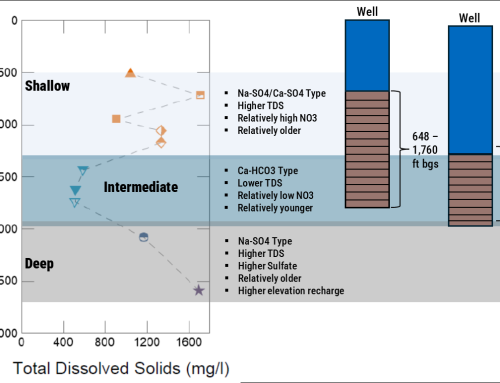Legacy polychlorinated biphenyl (PCBs) contamination in soil and bedrock persists at natural gas compressor stations across the United States. SSP&A supports many complex remedial efforts on a natural gas pipeline in the eastern U.S. A 1989 Consent Decree forms the legal basis for ongoing environmental activities.
Beginning in 1988, SSP&A staff members participated in expert capacity by Texas Eastern Transmission, LP, to develop feasible remedial alternatives for sites contaminated with PCB compounds in fractured bedrock. Work performed in the 1990s through mid-2000s included investigations on the behavior of PCBs in the subsurface environment and the chemical properties of PCBs and their degradation products. These investigations included laboratory and field studies of site-specific groundwater and surface water flow and contaminant transport.
More recently, SSP&A has an integral role in designing and installing remediation treatment systems specifically engineered to address the legacy PCB contamination. PCBs are removed from the water by carbon adsorption and discharged to surface water under a National Pollutant Discharge Elimination System (NPDES) permit. Projects include modifications to the collection system, conveyance, outfall, treatment system, building, and other ancillary project needs.
Ongoing compliance assistance and risk management is embedded with the remediation system design. Many of these systems are in environmentally sensitive areas, and the nature of PCBs lends itself to additional scrutiny. SSP&A continues to provide on-call support to the corporate remediation division and onsite operational personnel on a regular basis.

